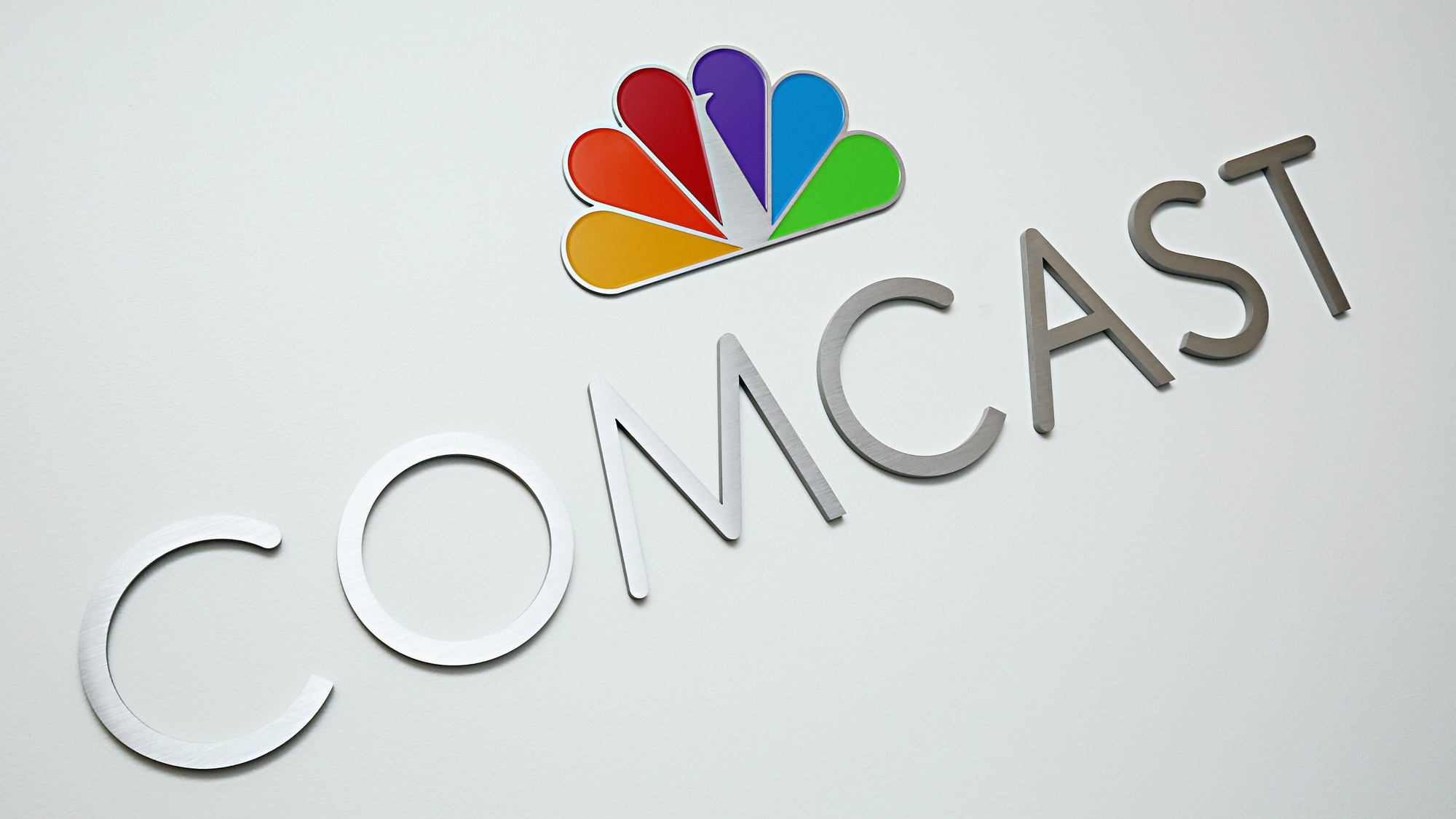
Earlier this month, Comcast Xfinity, the nation’s largest cable and home-internet provider, expanded its 1.2 TB broadband cap to 12 additional cities. This comes after an expansion this past November to parts of the Northeast.
Update: Per a report by the Washington Post, as of Feb. 3 Comcast has suspended its data caps in more than a dozen Northeastern states after Pennsylvania Attorney General Josh Shapiro raised concerns of financially struggling families working and learning online. These states include CT, DE, MA, MD, ME, NH, NJ, NY, PA, VA, VT, WV, the District of Columbia, and parts of NC and OH.
Users on Twitter have been posting screenshots of their shrinking internet allowances, with Comcast sending warnings of approaching limits. While Comcast is courteous enough to waive one month of data overages per year, it will charge $10 per each additional 50 GBs used (maximum of $100) otherwise. Or users can upgrade to a truly unlimited plan for an additional $30 premium.
- The best cable modems: Don‘t rent from your ISP
- What Internet speed do I need? Here’s how much
- Your guide to the Super Bowl channels
But as Americans continue to be squeezed by the Covid-19 pandemic, internet access has morphed from casual browsing and binging to a necessity. Work has been pushed to home offices. Schools have been relegated to the kitchen counters. Government relief continues to be fleeting, forcing families to pinch for every dollar. To put it bluntly, for Comcast to brazenly exploit American consumers during a pandemic is the height of business immorality.
A true monopoly
Comcast’s ability to wring Americans at this particularly vulnerable moment is thanks to years of power consolidation. The telecom giant is considered a natural monopoly. It didn’t buy or bully out the competition to make itself a sole player. Instead, by sheer capital power, it was able to absorb the extremely high cost of network infrastructure development, of which very few other companies can bear. Even then, it’s not as if development alone has allowed Comcast to remain dominant in the states that it operates. Rather, it also made agreements with local governments to ensure market control.
According to Dr. Rajshree Agarwal of the University of Maryland’s Robert H. Smith School of Business, this strategy goes back to AT&T’s dominance in landlines throughout much of the 20th century.
In an article for Forbes, Dr. Agarwal writes, “economic law dictates that consumer prices come down and quality goes up with competition. But AT&T executives successfully lobbied for the reverse.”
Sign up to get the BEST of Tom's Guide direct to your inbox.
Get instant access to breaking news, the hottest reviews, great deals and helpful tips.
Essentially, AT&T was able to convince local regulators that allowing multiple companies to lay landline was counterintuitive. Why should a second company come and dig up roads and lay new lines when the work has already been done?
This type of local lobbying has allowed the few companies that can afford to lay wire to carve up localities and ensure control. What this creates instead is an oligopoly, where a few actors control a market, making it near impossible for others to enter.
The public utility argument
Some local governments have tried to fight back against major telecom companies by making internet a public utility. Called municipal broadband, cities like Ammon, Idaho or Monticello, Minnesota offer fiber internet access for as low as $1.88 a month. Granted, that’s for the base 15 Mbps plan. Even then, gigabit internet is still affordable, ranging from $10-40. By comparison, Comcast’s gigabit internet can range from $90-140.
This low-cost competition, unsurprisingly, has been met with fierce lobbying from Comcast. More surprisingly, state governments have sided with ISPs, making local internet development difficult for municipalities. In New Braunfels, TX, it’s actually illegal under state law for it to create municipal broadband. Instead, the town had to utilize a hybrid model, where it must partner with an ISP.
The extent to which Comcast lobbies governments remains opaque. Comcast argued that disclosing the full extent of its lobbying efforts would, “incur unnecessary expense, [and] would divert management attention away from our primary business activities.” This was in response to an inquiry by Friends Fiduciary, a non-profit investment management organization, that, along with other investors, holds over one-million shares in Comcast.
Essentially, Comcast felt it legally disclosed enough information, and doing more so would not be an effective use of time. The problem is that while disclosures on the federal level are stringent, it’s far more lax at the local level, where Comcast makes many of its moves.
Comcast might argue that lobbying is necessary, as it needs to look out for its interests. Bandwidth isn’t unlimited, and with Netflix, Amazon, and YouTube all pushing 4K streams, the amount of throughput required has increased dramatically. One hour of 4K streaming on Netflix can eat up seven gigabytes.
Games too have become burdensome and heavy. An update to Call of Duty: Modern Warfare can be as large as 33 GBs. With updates, the game has ballooned to over 250 GBs.
Data cap meets legislative backlash
Comcast’s data cap has been met with anger and raised eyebrows from local officials. Last year, at the start of the pandemic, Comcast decided to remove data caps for all customers for two months. While it saw a 32% increase in peak traffic, it was “within the capability of our network; and we continue to deliver the speeds and support the capacity our customers need while they're working, learning, and connecting from home,” the company reassured on its website.
Massachusetts state representative Andy X. Vargas, along with 69 other members, sent a letter to Comcast urging it not to instate data caps. The letter claimed that Comcast’s premise that data caps would only affect a small portion of customers was false. That, in the last few years, data use has increased dramatically, with five times as many exceeding their 1.2 TB threshold.
The letter went on to state that, “ongoing studies show a growing number of consumers are exceeding these arbitrary caps, forcing them to pay unjustified overlimit fees or subscribe to a costly unlimited plan.”
Comcast has delayed its data cap rollout in Massachusetts following legislation filed by representative Vargas.
There are a few remaining cities in which Comcast has not implemented data caps. These are areas where it's facing strong competition from Verizon FiOS.
A question of values
The internet remains a necessary support pillar for Americans wanting to stay connected to friends and family. CEO Brian Roberts needs to step up and remove these arbitrary data caps. It's the right thing to do.
Imad is currently Senior Google and Internet Culture reporter for CNET, but until recently was News Editor at Tom's Guide. Hailing from Texas, Imad started his journalism career in 2013 and has amassed bylines with the New York Times, the Washington Post, ESPN, Wired and Men's Health Magazine, among others. Outside of work, you can find him sitting blankly in front of a Word document trying desperately to write the first pages of a new book.

